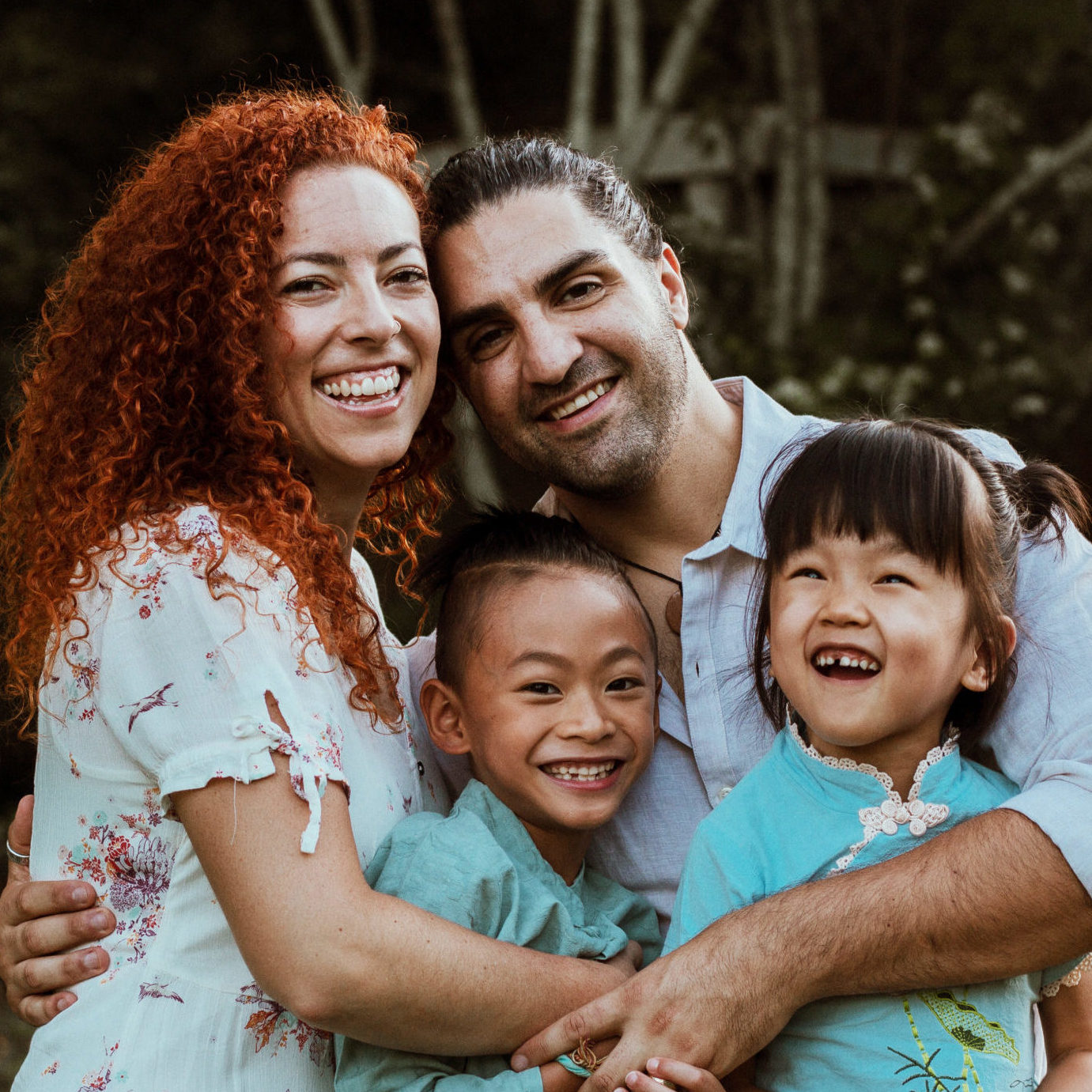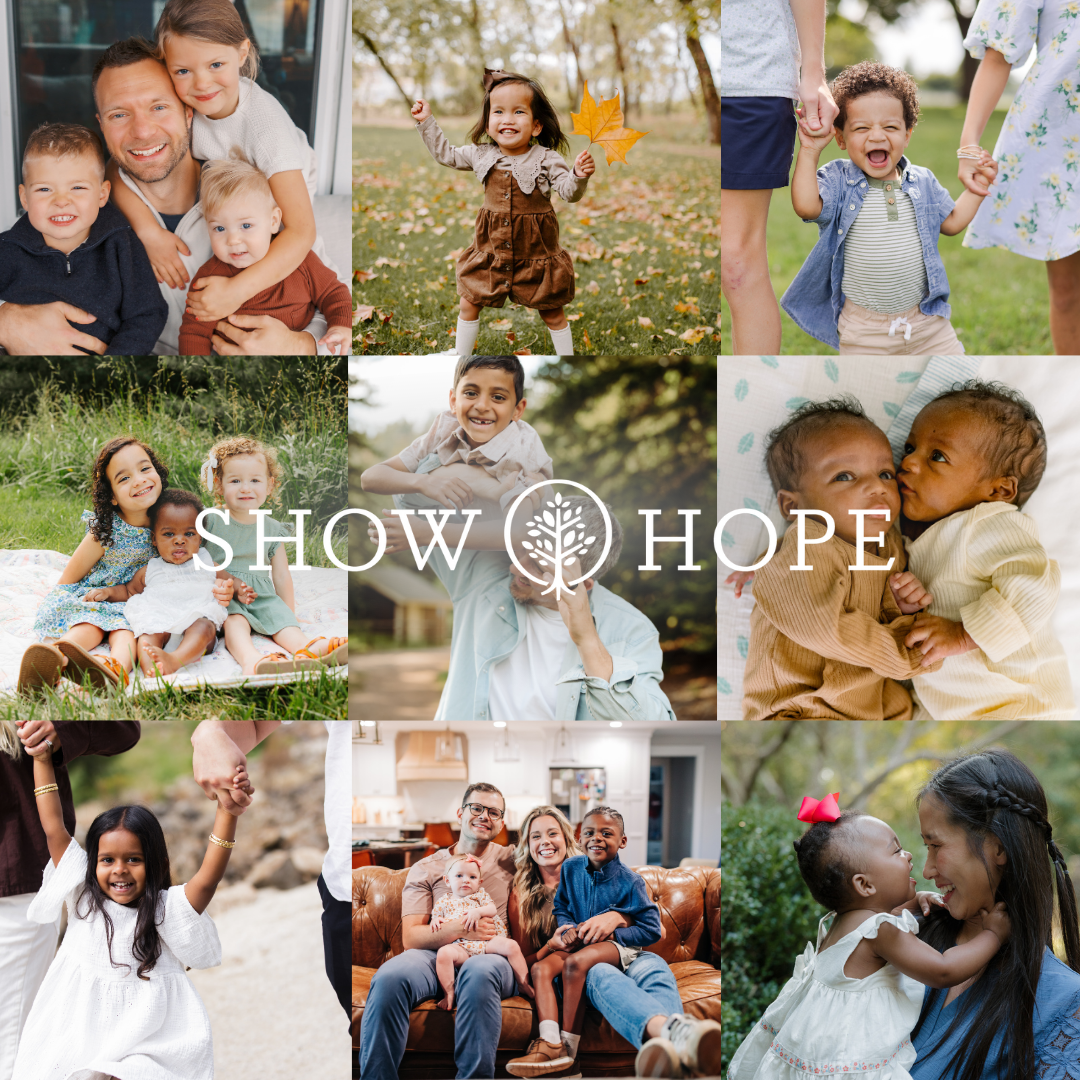Honoring Birth Parents

As followers of Jesus, it is important for us to honor the birth parents of our children welcomed home through adoption. Even in the most complex situations, we must remember that birth parents have inherent dignity and worth, and to treat them otherwise would reflect anything but the love and grace of Christ. As our friends at the National Council for Adoption (NCFA) say, “We understand that the decision to place your child for adoption is not made easily and is filled with many mixed emotions—from heartbreak to hope and everything in between. As a birth parent, you will always be an important part of your child’s story. We honor the strength and courage of birth parents while recognizing that you have unique needs for support and care in your own healing post-placement.”
The causes of children being orphaned are as varied as they are complex, with each child holding his or her own unique story. Though this list is not exhaustive, here are three significant factors that can contribute to children becoming orphaned:
Global Pandemics: It is estimated that millions of children have lost one or both parents due to global epidemics like HIV/AIDS and COVID-19, leaving this as one of the largest contributing factors in the number of children who have been orphaned.
Poverty: Nearly half the world’s population struggles to provide for their children’s basic needs, like nutrition and shelter. Poverty can also create a fragility in social structures, often leading to the breakdown of family units—not due to a lack of love and commitment but rather a sheer lack of resources to meet the most basic human needs.
Civil Unrest: Wars and violence lead to civil unrest, causing many children to lose one or both parents. Not only are parents lost, but child welfare systems are often compromised, leading to unregulated adoptions, abduction, or trafficking of children.
According to the NCFA, “Choosing to place a child for adoption is one of the hardest things a parent can do. Even when you are confident in your decision, it still comes with grief and loss. Post-placement care and support is vital to your well-being and healing moving forward.”
The following are a few online support communities—recommended by the NCFA—that provide resources for birth parents, including grief counseling, connection with other birth parents, and assistance in navigating open adoptions.
We also encourage you to check out NCFA’s Profiles in Adoption report on Birth Parent Experiences, which provides insight into questions such as
- Why do birth parents choose to place their child for adoption?
- What is most helpful to an expectant or birth parent considering adoption?
For parents who have contact with their child’s birth parents, Lifeline Children’s Services (Lifeline) offers ideas for honoring those women and men. Here are a few:
- Honor scheduled phone calls or meetings with your child’s birth mom and/or dad.
- Send updates as agreed upon during the adoption process.
- Send short videos of your child to his or her birth mom and/or dad (with permission).
- Send flowers, a card, a framed photo of your child, and so forth, especially on holidays (with permission).
- Arrange a time to meet with your child’s birth mom and/or dad. This could include a lunch; invite her, him, or them to church with you; or meet at a park for an afternoon.
For parents who do not know their child’s birth parents, Lifeline also shares ideas for honoring birth parents, including the following:
- Speak honestly (in age-appropriate ways) with your child about his or her birth parents, acknowledging their existence and roles in your child’s story and history.
- Plant a tree or flowers in honor of your child’s birth parents.
- Pray with your child about his or her birth parents. Each day, during the week of Mother’s and Father’s Days, plan something different to pray about for them.
- Encourage your child (when he or she is ready) to write a thank-you note to his or her birth parents.
- Explore your child’s country of origin and the customs related to mothers and fathers (as age-appropriate to share).
With the wide range of factors contributing to children being orphaned, there are many avenues one could take to get involved, and one helpful tool in better understanding these issues is the P.R.A.Y. acronym:
P — Preservation
R — Reunification
A — Adoption
Y — Youth Support
Preservation means doing everything possible to preserve the integrity and unity of a child’s family of origin. Governments, organizations, and individuals can all do something to effectively address factors that undermine the security and stability families need to thrive.
Reunification, following preservation, is the process of placing a child in a temporary home with the goal of reuniting the family. Reunification efforts shape the model for foster care in the U.S. and sometimes include placement with extended family members. While reunification can be the best option for a child, it is important to seek timely solutions, so the child is able to find security and permanency sooner rather than later.
Adoption is the most familiar approach to orphan care. When a child is unable to stay in his or her family of origin, adoption is often the best solution available to preserve, protect, and meet the needs of that child. If possible, it is beneficial for a child to come into a family in his or her country of origin, but we must also affirm intercountry adoption when a domestic placement is unlikely.
Finally, Youth Support involves taking action for children who are unable to remain with their family of origin and/or enter into a family through adoption. It is vitally important to provide access to resources and services that help these children thrive and grow. One example of youth support would be mentorship programs that pair children with role models. Another example of youth support would be residential care, job training, and educational resources that help youth transition successfully into adulthood.
The P.R.A.Y. acronym is a helpful framework to begin building an understanding of orphan care solutions. Real, impactful, life-changing work is never easy and rarely happens quickly. It requires prayer and a willingness to step into the needs of others. It will certainly cost you something, but God has already given you everything you need to step into the places he calls you.
For more than 20 years, guided by our Founders, Mary Beth and Steven Curtis Chapman, Show Hope has served families through the entire adoption process. And through our learning and understanding of various needs and challenges, we developed HowToAdopt.org, a robust online resource that addresses the first steps of adoption to understanding the different questions and factors involved. Today, we invite you to visit HowToAdopt.org to learn more and determine if adoption is the next step for you and your family.





